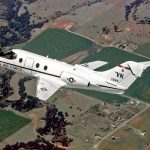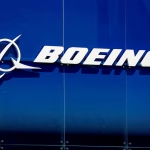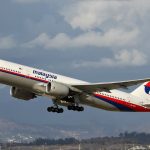Not surprisingly, Amazon has quickly become a key player in the e-commerce universe. And it is also hardly any secret that the logistical challenge posed by its delivery system involves making decisions that have a global impact.
According to a Bloomberg report reproduced by The Seattle Times, the U.S. giant is looking to incorporate the Boeing 777 into its air logistics fleet, Amazon Prime Air. The goal is to connect its distribution centers with one of the world’s largest industrial hubs directly, without reliance on third parties, which would give it essential operational flexibility to win the race to ship to the buyer in the shortest possible time.
One of Amazon’s choices seems to be a certainty: the first Boeing 777-300ERSF (Extended Range Special Freighter) converted by Israel’s El Al, a pioneer, and expert in special mission aircraft conversions, will be delivered next year. The 777-300 ERSF will be capable of carrying 25% more cargo volume than the 777F (which is based on the 777-200LR) and 15% more than the 747-400BCF it is intended to replace.
Its range is 4,650 nautical miles (8,611 km), which is about 400 km more than the 747-400F and more than 1,000 km more than the -400BCF (the 747-400 passenger converted to cargo).
In addition to these 777-300ERSF, Amazon would be looking for 10 Airbus A330-300 aircraft, with their respective crews. There are still no details as to which broker it will use to secure the aircraft and whether they will be purchased or leased.
GECAS is one of the first lessors to incorporate the ERSF into its portfolio, and although other lessors are expected to join it, it would not be strange for Amazon to choose them because of both their experience and the volume of operations they handle.
Amazon’s idea of incorporating conversions reduces its chances of entering the next big war in cargo aviation: the future and already almost 100% confirmed cargo versions of the Boeing 777X and A350. Although in the long term, and with the volume of operations that the company handles, a bet on either of the two new projects makes sense, the certification and delivery deadlines may delay their incorporation, which would be incompatible with the search for a quick solution to the logistics of products imported from China.
And if there is one luxury Amazon cannot afford, it is to buy itself a delay in a business where every minute counts.














